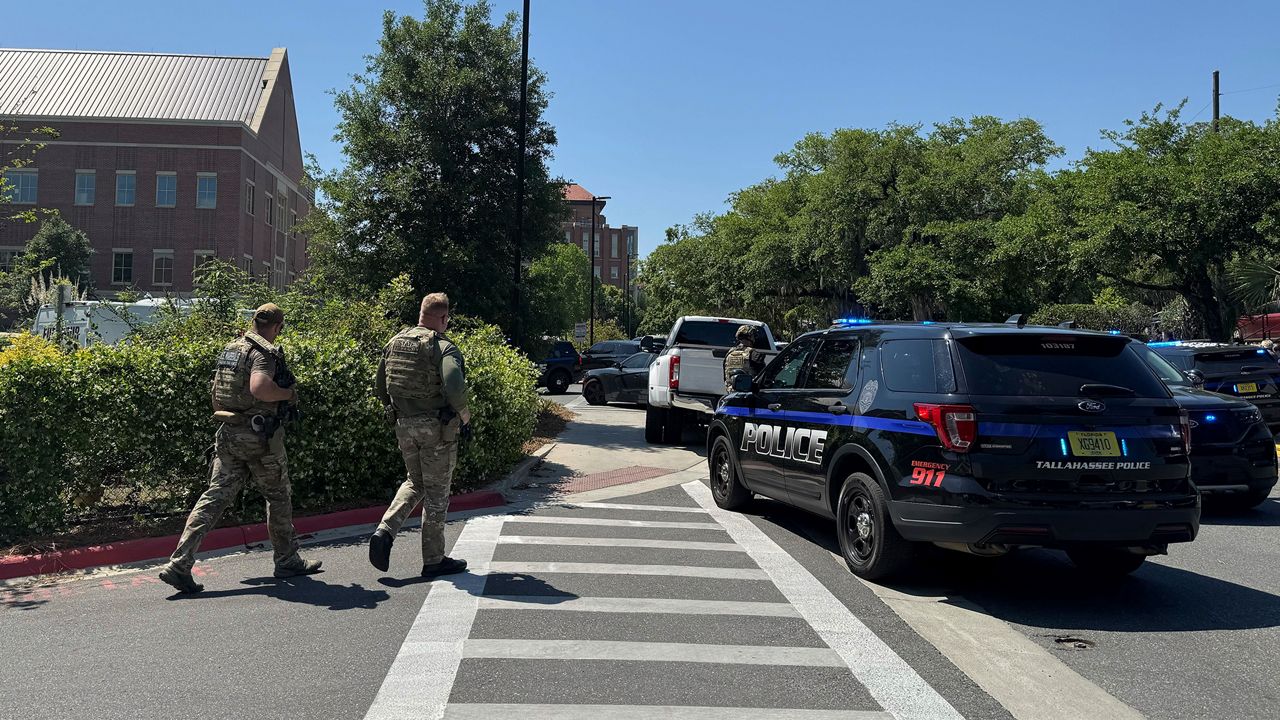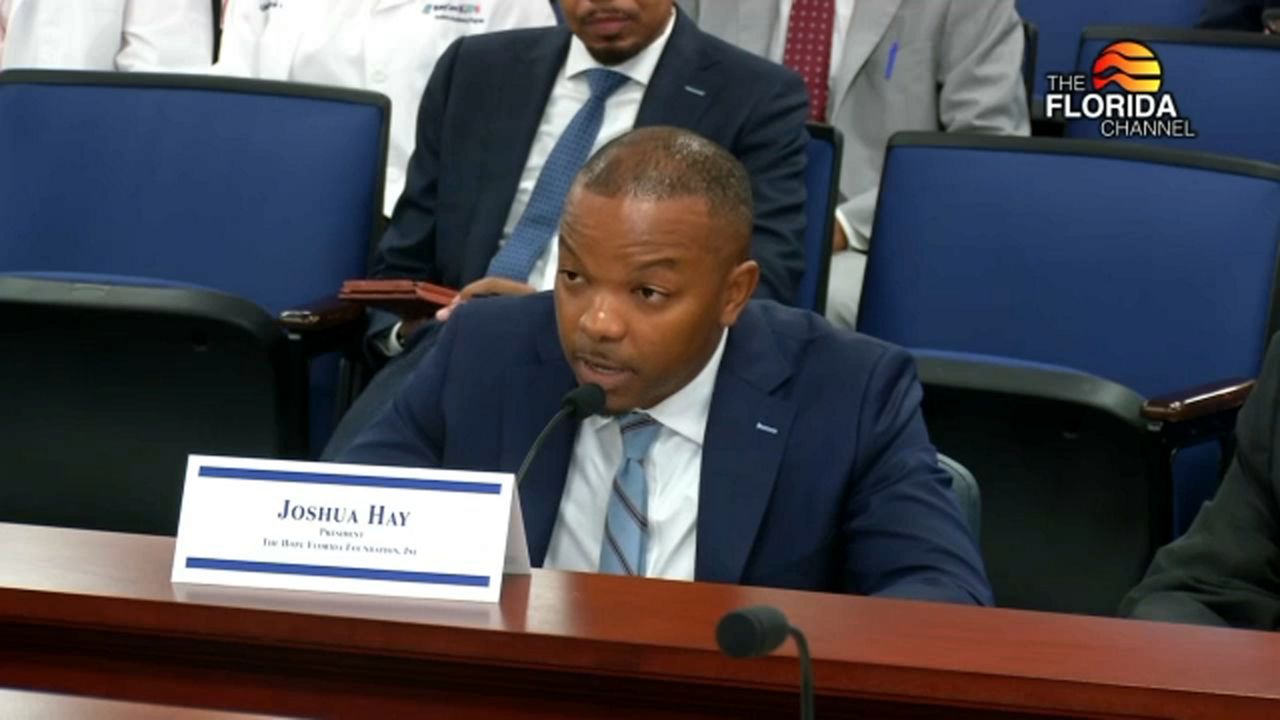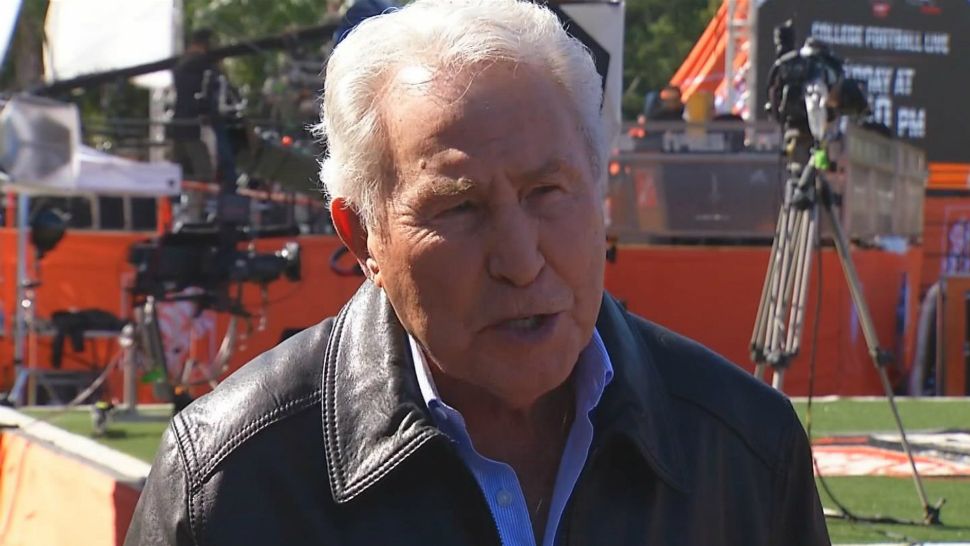ORLANDO, Fla. — A high-profile Central Florida judge is facing a list of formal charges from the Judicial Qualifications Commission.
Elected to the bench in 2018, Circuit Court Judge Jeff Ashton is known by many for his time serving as a state attorney prosecuting the Casey Anthony case.
The former State Attorney is under fire for his behavior in the courtroom, according to the accusations, which were made public on Wednesday.
The JQC accused Ashton of acting inappropriately on multiple occasions during hearings, stating that he shouted at people in court and oftentimes in front of juries.
As a result of the charges, Ashton could face disciplinary action from the Florida Supreme Court.
He’s also up for re-election in November, where he will face off against Alicia Peyton.
The JQC complaint includes multiple examples of Ashton’s alleged inappropriate behavior from different cases he oversaw.
An example of a case dating back to 2017 accuses Ashton of shouting at an attorney and accusing that same attorney of provoking his “angry face.”
It also states observers were able to “hear your raised voice and see that your facial expression and overall demeanor evinced a bias against one party or their attorney."
In the complaint, the JQC says his behavior demonstrates bias and “raises questions about your fitness for judicial office.”
Ashton has 20 days to provide a response to the commission.
Central Florida Attorney Gary Israel said he is going through a similar situation with a judge.
Israel said a certain decorum is required of judges in the courtroom.
“Judges are human beings and they sometimes lose their temper, sometimes they speak inappropriately either to parties or attorneys, and this is where the problem arises," he said. "It is not in judicial interest for judges to get personal with individuals and take out personal complaints they may have."
The attorney representing Ashton from the law offices of Thomas D. Somerville told Spectrum News that the former state attorney is “disappointed the JQC chose to publicize this matter 34 days before the upcoming election.”
The statement also adds that Ashton is looking forward to “addressing these claims and continuing to serve the citizens of Central Florida as a judge.”
Even though it’s too early to tell what sort of actions Ashton could face for his charges, the JQC said there is a range of possible actions a judge could face for such behavior — going from no action at all, to a fine, suspension or even removal from office.











